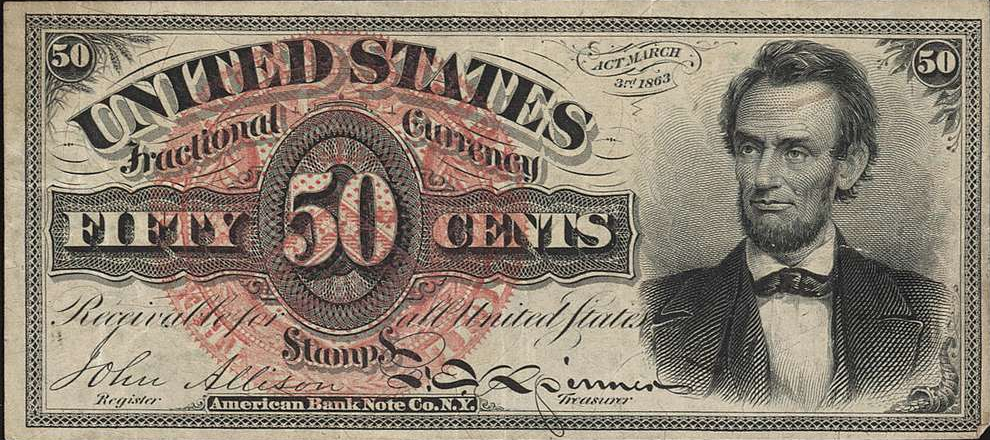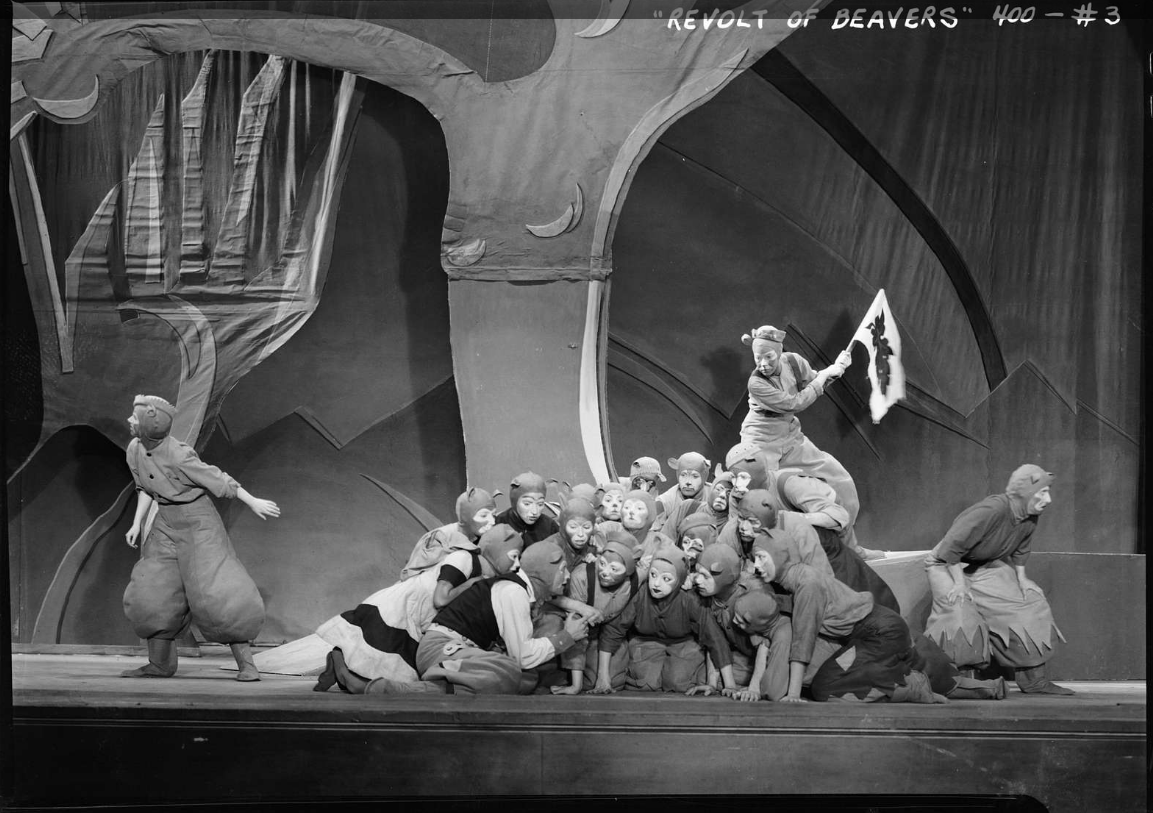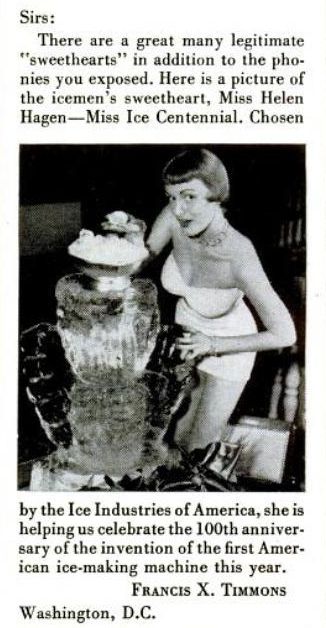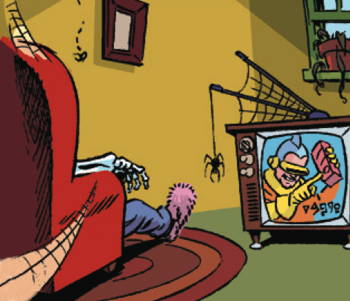September 2020
September 25, 2020
The Duchess of Windsor’s Trench Mittens
Wallis Simpson, the Duchess of Windsor, is best known as the woman for whom King Edward VIII abdicated the throne in 1936, so he could marry her. But she was also an inventor, though not a very prolific one. In 1940, she invented "trench mittens" that could be unzipped to allow a soldier to use his trigger finger.
The Whitewright Sun - Feb 8, 1940
The backstory is that the Duke and Duchess were widely suspected to be Nazi sympathizers. Nevertheless, at the start of the war they were trying to make a public display of how patriotic they were. The Duke pushed to get a position in the army. And the Duchess used her fashion skills to invent "trench mittens".
But by the end of 1940, the British military had decided they were too much of a liability to keep around, so they were shipped off to the Bahamas for the duration of the war.

Winnipeg Tribune - Apr 6, 1940

The Duke and Duchess of Windsor in 1937
Posted By: Alex - Fri Sep 25, 2020 -
Comments (1)
Category: Fashion, Royalty, War, 1940s
US Fractional Currency, or, Paper Coins
Fractional or postage currency has a rich history. At the beginning of the Civil War people starting hoarding coins for their precious metal content. Coins became difficult to find because of the hoarding. People started to try to use stamps instead of coins as a means of commerce. The government decided to help ease the hoarding issue by issuing “paper coins” also known as postage currency or fractional currency. Fractional currency was first issued on August 21, 1862 and they were last issued on February 15, 1876. Three cents, five cents, ten cents, twenty-five cents, and fifty cents notes were all issued. Fractional currency is physically smaller than other United States money. It also does not have a serial number.
More info here. And lots more pictorial examples.

Posted By: Paul - Fri Sep 25, 2020 -
Comments (0)
Category: Money, Nineteenth Century
September 24, 2020
Eco-washed organic denim with grass stains
Gucci is selling an "Eco washed organic denim overall" that comes with a "stained-like, distressed effect." AKA fake grass stains. Yours for only $1400.
Or you could get this Orange Tartan Cotton Long Smock Shirt. Only $2600!

Posted By: Alex - Thu Sep 24, 2020 -
Comments (6)
Category: Fashion, Denim, Overpriced Merchandise
Twiggy Sings
A second career of which I myself knew nothing.
Posted By: Paul - Thu Sep 24, 2020 -
Comments (2)
Category: Fashion, Music, 1960s, 1970s
September 23, 2020
An Intentional Cannibal
There's an old urban legend, which folklorist Jan Harold Brunvand refers to as 'The Accidental Cannibals,' about people who accidentally eat the cremated remains of a loved one:A recent version of the legend describes the cremains of a relative shipped home from Australia to England and mixed there into the Christmas pudding. Half the pudding has been consumed by the time the letter of explanation anives.

In a case of urban-legend-becomes-real-life, performance artist Eva Margarita has announced that she'll be mixing the cremated remains of her father into three different entrees and then eating them. She'll be doing this "to not only honor his spirit but to show how communities pass on knowledge through a practice in eating and conjuring with one another."
Her performance will be broadcast live on the Internet. It's happening today (Sep 23, 2020), from 8 AM to 8 PM (eastern time).

In an interview on timeout.com, Margarita offers some details about how she'll prepare her father's cremains:
Thanks to Gerald Sacks!
Posted By: Alex - Wed Sep 23, 2020 -
Comments (0)
Category: Cannibalism, Food, Performance Art
Dr. Organic’s Snail Gel
The home page.
Harvested from free-roaming snails under controlled conditions, this moisturising, soothing ingredient combines the unique properties of Helix Aspersa Muller with organic Aloe vera and a blend of bioactive plant ingredients. This secretion is produced from snails that are farmed humanely and are free to roam. On their travels, they move over glass panels which are used to safely collect the mucus secretion, which is then filtered and concentrated by vacuum evaporation to reduce its water content, before a mild preservative is added to maintain its shelf life.

Posted By: Paul - Wed Sep 23, 2020 -
Comments (1)
Category: Animals, Cosmetics, Patent Medicines, Nostrums and Snake Oil, Nausea, Revulsion and Disgust
September 22, 2020
Cinematic Neurosis
Following the 1973 release of The Exorcist, six people who saw it had to be admitted to a Chicago hospital "straight from the theater." Psychiatrist James Bozzuto examined four of them and concluded they were suffering from "cinematic neurosis" — a term he coined. Basically, this was neurosis caused by watching a movie. Symptoms of this condition included "anxiety, helplessness, sleeplessness and repetitive post-traumatic dreams."
San Francisco Examiner - Dec 14, 1976
The 1975 release of Jaws also caused an outbreak of cinematic neurosis. Here's a description of a case from a December 1975 Knight News Wire article:
During these attacks, which always occurred at night, she appeared to be unaware of the world around her, and she didn't respond when people spoke to her.
Over the next three days, while doctors ruled out the possibility that she had meningitis or some other neurological problem, she had five of these attacks.
In between these episodes of terror, she talked with neurologist Arnold Barnett about her problem.
It seems that three days before admission, she had seen the motion picture "Jaws," movie history's biggest money-maker, which chronicles the bloody activities of a shark that terrorizes swimmers off the shores of Long Island.
Later that evening, after discussing the film with her friends, she became frightened and upset. She had her first attack the next day.
Barnett treated the girl with sedatives and reassuring conversation. He emphasized the unlikelihood of a shark attack in western Kansas.
Posted By: Alex - Tue Sep 22, 2020 -
Comments (1)
Category: Bad Habits, Neuroses and Psychoses, Movies, Psychology, 1970s
Revolt of the Beavers
The more things change, the more they stay the same...Revolt of the Beavers was a children's play put on by the Federal Theater Project by Oscar Saul and Louis Lantz. One critic described the play as "Marxism a la Mother Goose".[1] The show ran at the Adelphi Theatre in New York City from May 20, 1937, to June 19 of that year.[2] Jules Dassin [3] and John Randolph [4] were among the play's cast. The play involved a worker beaver named Oakleaf, who leads a revolt against "The Chief" Beaver who was exploiting the workers. Though the play was a fantasy fable intended for children, it was attacked by the HUAC for promoting Communist ideals.
Wikipedia page (source of quote).
More photos here.

Posted By: Paul - Tue Sep 22, 2020 -
Comments (3)
Category: Animals, Anthropomorphism, Politics, Theater and Stage, 1930s
September 21, 2020
The Jesus Tortilla
Oct 5, 1977: Maria Rubio was preparing a tortilla in a skillet in her home in Lake Arthur, New Mexico. When she looked down, she realized that a burn mark on the tortilla resembled the face of Jesus.The Rubio family created a small shrine where they displayed the "Jesus tortilla". Over the years, tens of thousands of people came to see it. Many of the pilgrims believed that the tortilla had the power to heal.

Maria Rubio with tortilla - 1978
Maria Rubio's daughter, Angelica, grew up to become a New Mexico state senator, and she kept a blog where she discussed her experiences with the holy tortilla. She also wrote an article on eater.com about it.

The Jesus Tortilla - source: thetortillakid.com
According to Roadside America: "In late 2005, Mrs. Rubio's granddaughter took the Miracle Tortilla into school for Show and Tell, and it was dropped and broken! The shed shrine has been closed and the remains retired to a drawer in the Rubio's home."

Albuquerque Journal - Dec 22, 1987
Posted By: Alex - Mon Sep 21, 2020 -
Comments (2)
Category: Food, Religion, 1970s, Pareidolia
Miss Ice Centennial

Source of photo.

Source of photo.
Posted By: Paul - Mon Sep 21, 2020 -
Comments (3)
Category: Awards, Prizes, Competitions and Contests, Beauty, Ugliness and Other Aesthetic Issues, 1950s
| Get WU Posts by Email | |
|---|---|

| Who We Are |
|---|
| Alex Boese Alex is the creator and curator of the Museum of Hoaxes. He's also the author of various weird, non-fiction books such as Elephants on Acid. Paul Di Filippo Paul has been paid to put weird ideas into fictional form for over thirty years, in his career as a noted science fiction writer. He has recently begun blogging on many curious topics with three fellow writers at The Inferior 4+1. Chuck Shepherd Chuck is the purveyor of News of the Weird, the syndicated column which for decades has set the gold-standard for reporting on oddities and the bizarre. Our banner was drawn by the legendary underground cartoonist Rick Altergott. Contact Us |

